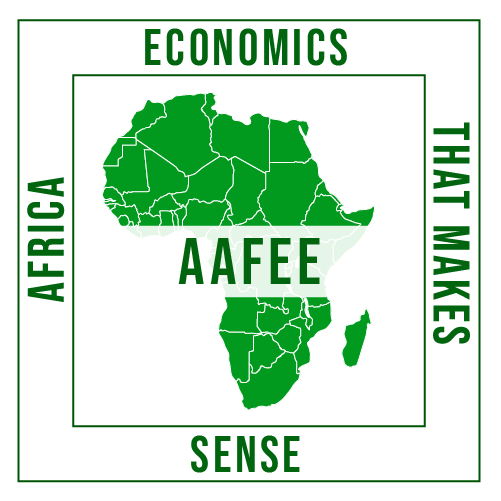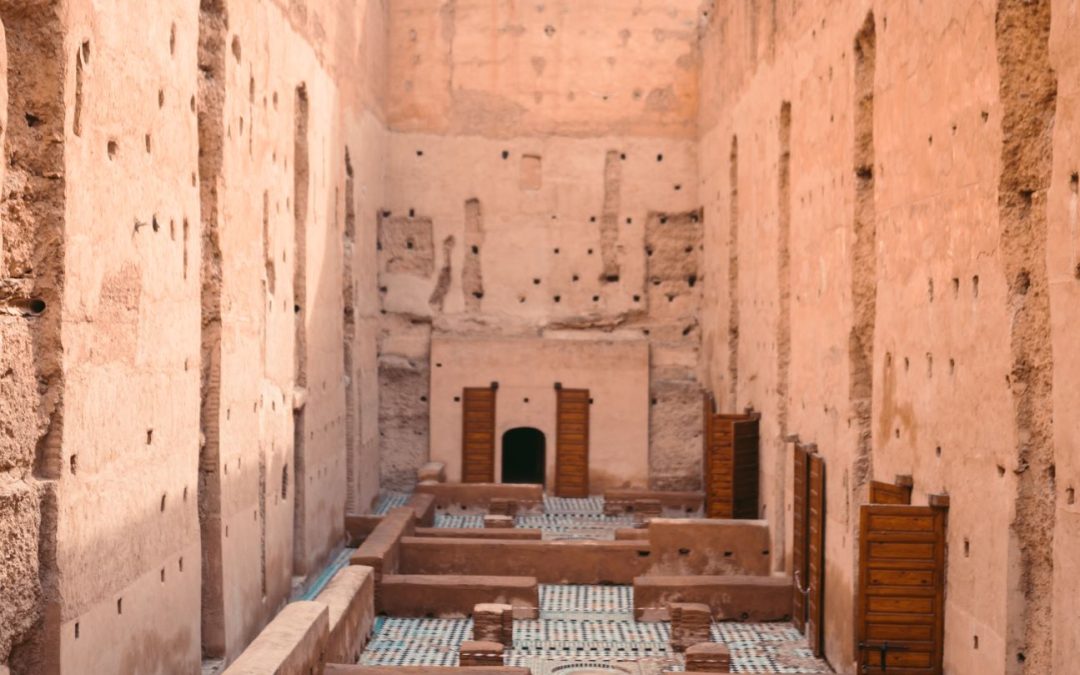The treatment of Africa as an economic setup needs to be approached with caution, for it is a continent of incredible natural diversity and political evolution.
Over and above this, the differing social, political, and economic policies urged on the continent by the colonial forces left independent Africa with a badly coherent economy. Intra-African trade was trivial; there was no continental communication and transport system. The numerous independent African countries belonged to different monetary zones, each financial area being linked with one or the other of the earlier metropolitan powers. Therefore, it is more accurate to talk about the African economies’ evolution than the African economy. However, such an approach would do less than full justice to Africa’s economic history. Despite the differences in the patterns of development of the various countries, specific overall themes and features are discernible.
A Forum: Africa and Its Global Investors
There is an ongoing consultation on the effectiveness of foreign aid in helping Africa’s economic development. One thing is obvious — the results are not precisely what Africa’s development partners have expected, and the reasons are not far-fetched. Some global economists contend that while foreign aid that addresses humanitarian needs caused by drought and conflict is helpful, most of the assistance is harmful to African countries. A list was created by economists on the problems enhanced by support. This includes corruption, civil conflict, the shrinking of the middle class, and a dependency culture. All of this mix makes Africa unattractive to global investors.
Political Evolution
It has become apparent that politics drives the economies of nations. Economists assert that the significant difference between developed and developing countries is their political evolution. Developed countries have inclusive economic and political systems and offer opportunities for most people to make wealth.
However, most developing economies have economic and political systems that are extorted. Those in the ruling class have a powerful hold on political power and use it to channel financial resources to benefit themselves and those close to them. When conducted through such extractive systems, foreign aid rarely reaches the most vulnerable in society. They need to rethink the form of support Africa needs and the platforms for distributing or offering it.
Also, globalization is the reality of one’s age and day. There is increasing social, economic, technical, political evolution, and cultural interdependence between nations. People are more interconnected now than ever before. The availability of worldwide communication systems through rapid improvements in the internet and communication technology has led to more cultural exchange and international trade. But globalization does not appear to be quickening the development of Africa. The problem is also rooted in Africa’s leadership culture and political structure.
The Problem Is Leadership
Cultivating leaders with exceptional character and skills is critical to Africa’s development. The African Association for Evolutionary Economics (Africa’s development partners) should acknowledge that it is unrealistic to teach a person who occupies a high position in government how to lead during small talks at events. They should also remember that for leadership to work; there has to be alignment between the leader’s sense of identity and the followers.
Leadership incompetence in most African countries is not only the problem of people who occupy government positions; it reflects the leadership culture. Africa had different leaders with the same results for decades. The power distance between leaders in government and citizens is also reflected in organizations and families. Leaders do not serve in such a structure because occupying leadership positions makes leaders unaccountable and superior to the people they lead. Africa needs leadership development systems, and political evolution, and global leaders and development partners must understand how cultural differences affect these.
Change is Possible
Africa’s large youth population provides a solid opportunity to influence the coming of a new generation of leaders. However, the reality is that the elite class on the continent tends to apt the existing curriculum for leadership development inexpensive executive education programs in business schools, whose fees are beyond the capabilities of a significant part of the population. There is a need to standardize the leadership development process in the developing world. The high rate of ingrain of mobile technology could be an advantage. This will make informal and formal leadership development and an inclusive approach that will reach people at all levels of society.


Zero Order Institutions and Leadership in Sub-Saharan Africa
By
Samuel Enajero, Ph.D.
It is a foregone conclusion among observers that Africa’s socio-economic problems could be traced to poor leadership. However, leaders are samples of the population. Perhaps, it is expected that once a person becomes a leader, (s)he would instantly metamorphose into a human saddled with benevolent and altruistic attributes. Leaders are immersed in the same culture, values, norms, and religion (zero-order institutions) as their followers. In fact, leaders in Africa are more imbibed in ceremonial behaviors than their followers because either they are traditional rulers and religious leaders themselves or enjoy close ties with them. Since traditional rulers and religious leaders are the common “carriers of culture,” the leaders in Africa reinforce centuries of un-tested habits and norms. “We do things this way because our forefathers did it this way” (Bush, 1987) accurately describes traditional values. Thus, African leaders are oblivious to the changing environment.
Zero-order institutions in evolutionary economics are rule-following behavior that results in ceremonial outcome. Rather than being ceremonious, and producing stagnant or regressive nations, at the other end of the behavioral spectrum, are deliberative, calculative and collaborative modes of valuations that are instrumental to progress. I heard one African professor say, “We cannot change our culture because that’s our identity,” (YouTube, May 9, 2022). Economic development is a consequence of cultural change. In essence, the professor means, we don’t want to develop because poverty is our identity!
Just like the guest blogger suggests, African leaders need an intensive and constant refresher on the meaning and the economic rationale for a government (Enajero, 2018). A good leader should decipher people’s needs, passionately pursue the means, and satisfy these needs. These leadership qualities would be lacking in cultures that are incognizant of human interdependence.
I gave several reasons for economic solitude in Africa in my book “Collective Institutions in Industrialized Nations” (Enajero, 2015). One of them is that the region gained nationhood during the height of the Cold War, when free market and pursuit of self-interest were the prevailing slogan. Leaders in the continent are yet to fully understand the concept of government. Furthermore, before the arrival of the Europeans, there were tiny villages surrounded by empty land covered by bushes. The need to be empathetic and cooperate did not arise as in Europe, where there was a sporadic scarcity of land. Another reason in my book is local African religions, which are competitive, therefore, inherently prohibit and abhor any form of economic collaboration that could yield collective benefits.
Owing to the nature of non-collaboration in sub-Saharan African culture, democracy which is an instrument of collective choice, struggles; public goods, and important social capitals, such as safety, sanitation, roads, education, the rule of law, etcetera, needed for tourism and foreign investments, are in short supply. Leadership failures in sub-Sahara Africa’s economic problems are reflections of their culture. Good leadership would only loom by cultural reorientation. .
Mainstream economics and other social sciences do not believe traditional values, and thus, culture can be changed. However, institutionalists think otherwise. “What has evolved in humans is not a particular culture but the capacity for culture. This capacity entails the ability to acquire culture, the ability to transmit culture, the ability to create culture, and the ability to modify it (Wilson, 1980; Redmond, 2004).
After all, technological innovations lead to changes in culture. If culture is a way of doing things, technology allows us to abandon old ways and embrace new ways.
References
Bush, P. (1987). “The Theory of Institutional Change.” Journal of Economic Issues, Vol. 21, No. 3, pp. 1075-1116.
Enajero, S. (2018). “Interdependence Costs, Collectivism, and the Economic Rationale for Democracy.” Journal of Public Administration and Development Alternatives,” Vol. 3, No.1, pp. 1-11.
Enajero, S. (2015). Collective Institutions in Industrialized Nations: Economic Lessons for Sub-Saharan Africa. New York, NY: Page Publishing.
Redmond, W. (2004). “On Institutional Rationality.” Journal of Economic Issues, Vol. 38, No.1, pp. 173-188.
Wilson, E. (1980). Sociology Abridged. Cambridge, MA: Belknap Press.
YouTube, “Concept of Leadership.” Good Morning Nigeria, NTA, May 9, 2022.